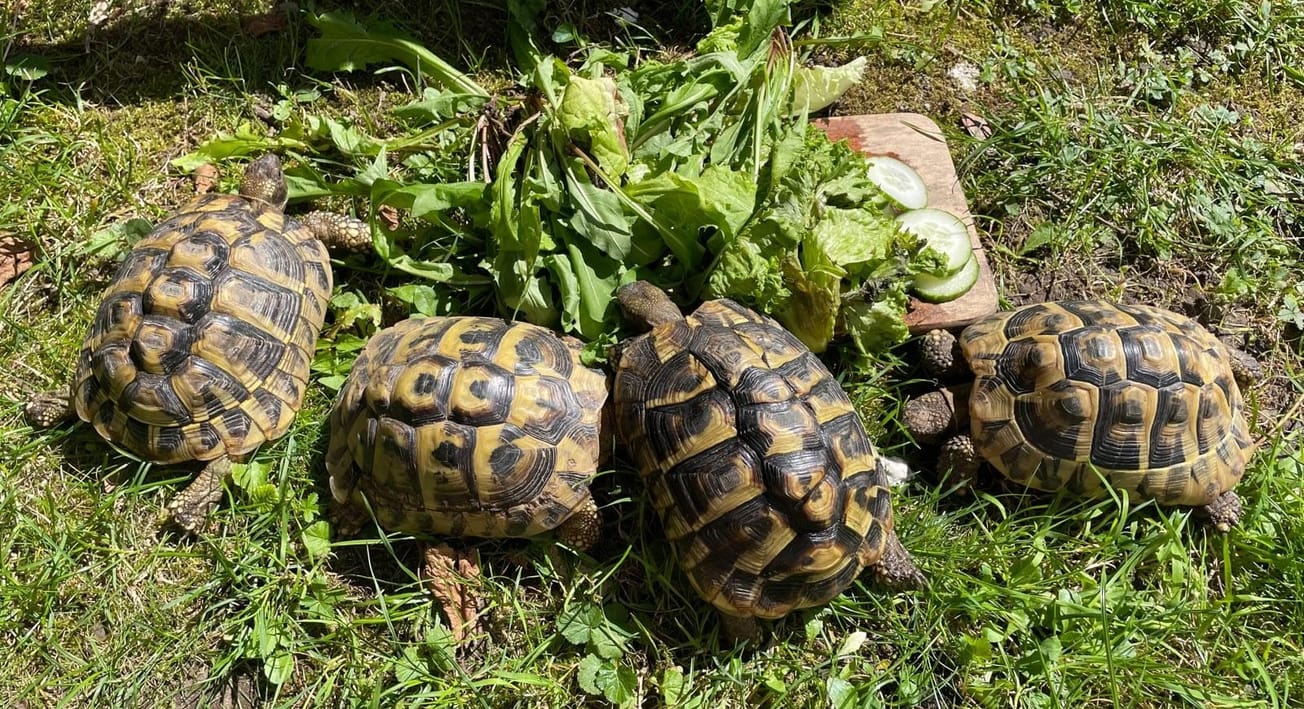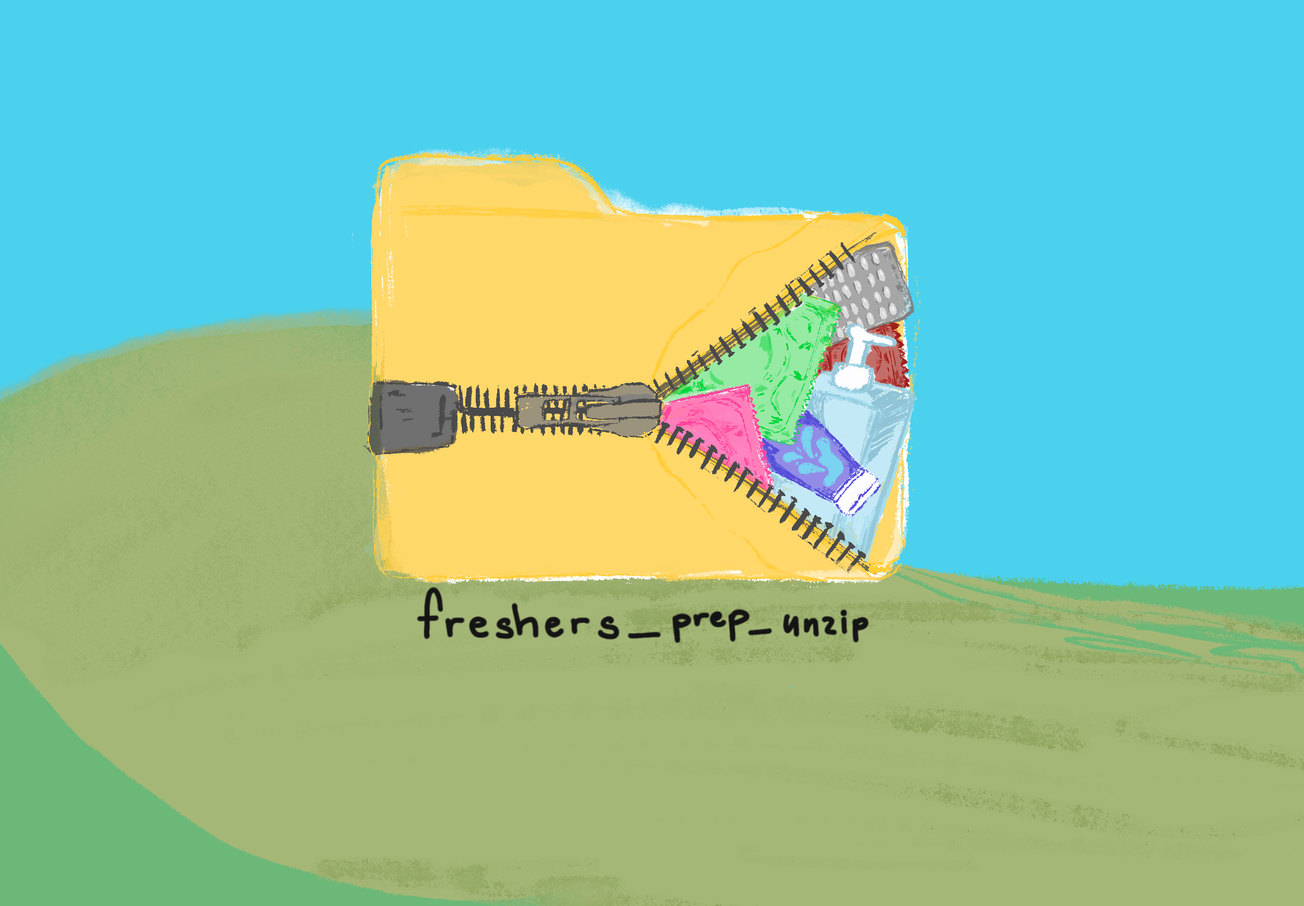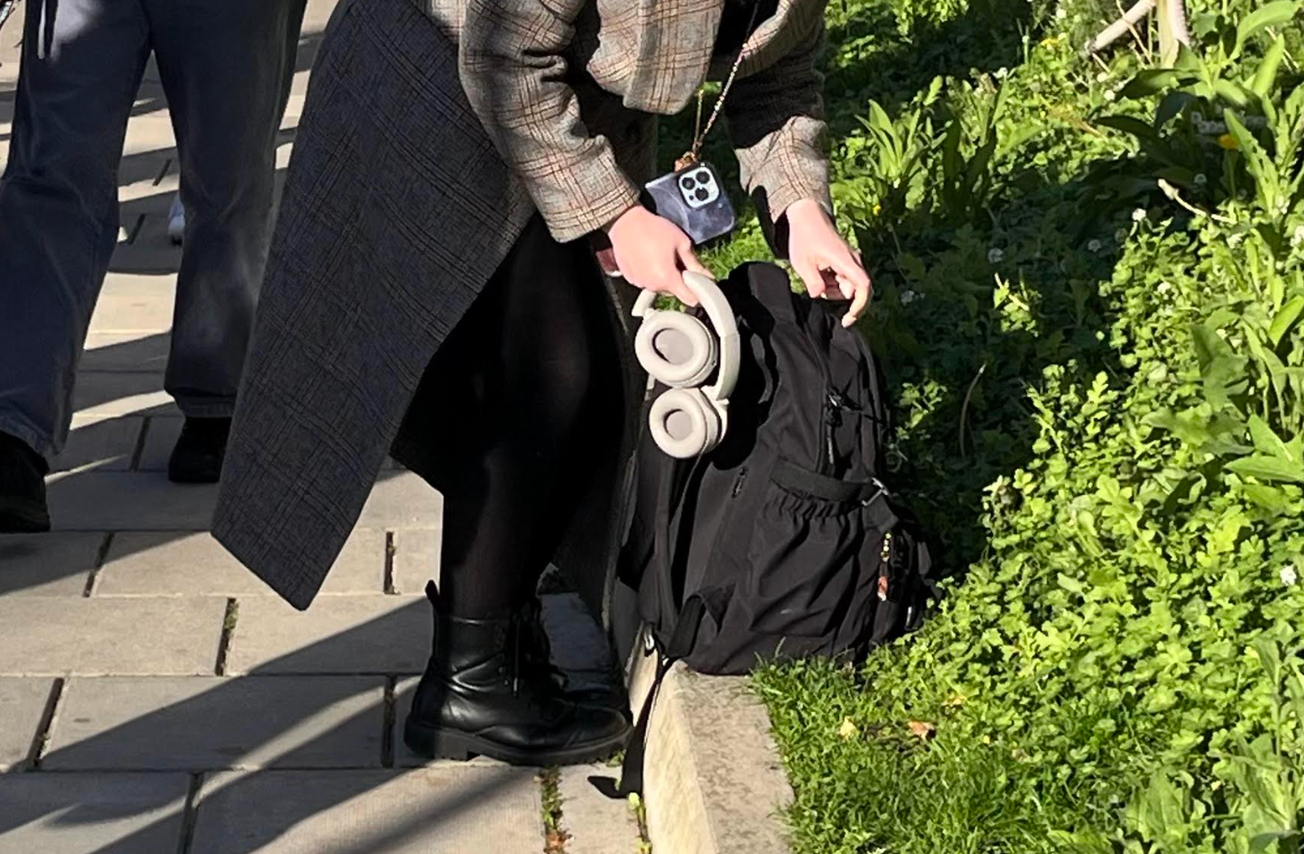By Carissa Wong, Fourth Year, PhD Cancer Immunology
Five informative short films and factsheets about autism have been released for the Somali community developed by University of Bristol researchers and the community organisation Autism Independence.
Every person with autism, also known as autism spectrum disorder (ASD), will have a different experience and this can change as they get older, hence why it is referred to as a spectrum.
People with autism share some similar characteristics but they can also be very different to each other. While autism is present from birth, it may not be recognised or diagnosed until much later.
Autism often (though not always) manifests in additional challenges with socialising, communicating with others, learning and can change how someone processes sensory input such as smells, sounds and lights. People with autism can learn how to overcome any, or all of these challenges with the right support. The earlier this support can be given, the sooner an autistic person can find ways to best manage how they interact with the world.
Nura Aabe is a PhD student at the University of Bristol who founded Autism Independence, a community organisation that supports families from the Somali community and other minority ethnic backgrounds. She moved to Bristol from Somalia aged 10 and has a son with autism.
As there is no word in the Somali language for autism, this has made it difficult for the Somali community to understand and accept what autism is.
Autism Independence previously collaborated with NIHR Applied Research Collaboration West (ARC West) in research that identified a cultural stigma around mental health, challenging behaviour and disability in the Somali community. As there is no word in the Somali language for autism, this has made it difficult for the Somali community to understand and accept what autism is.
Autism Independence works with over 100 children with autism in Bristol to provide health, social care and education services for families affected by autism. In 2019 a film was released on YouTube called ‘Overcoming Barriers’ which explored the stories of Bristol-based Somali families supported by Autism Independence.
This work highlights how important it is to create diverse and culturally aware healthcare messages if we want to reduce healthcare inequalities
With thousands of views, the film received hundreds of comments. Some comments further highlighted misinformation on autism within the Somali community, such as ‘autism is a Western disease and does not exist in Somalia.’
Hoping to provide accessible and correct information about autism, Nura Aabe has directed five new films and factsheets available in Somali and English languages, to provide information and tips on helping a child with autism. They cover the five topics of: ‘Why is my child different?’, ‘What happens if I think my child has autism?’, ‘How can I understand autism from a Somali perspective?’, ‘What support can I get for me and my child?’, ‘Is there a link between vaccinations and autism?’
RSPB Big Garden Birdwatch: SOS from Bristol’s birds
Complex switches give more precise control over industrial cellular processes
Nura Aabe, Director of Autism Independence said: ‘There is a real need for this kind of information, otherwise the vacuum is filled by misleading and even harmful information. The comments online showed just how much misinformation is out there about autism in the Somali community, so we felt it was out duty to address these issues.’
Critical work such as that lead by Nura Aabe helps to inform and educate ethnic minority communities about autism, helping people with autism to thrive. This work highlights how important it is to create diverse and culturally aware healthcare messages if we want to reduce healthcare inequalities. It’s about time we fund more research and projects like this.
Featured Image: Epigram / Edward Deacon








